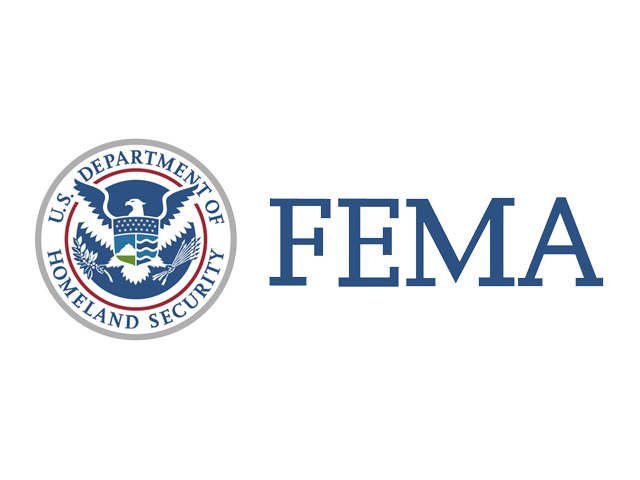
President Obama now has the largest statewide lead he has seen in this election cycle, but the likely Senate race remains too close to call. WFIR’s Evan Jones has more on the latest Quinnipiac University Poll.
[audio:http://wfirnews.com/wp-content/uploads/2012/03/03-20-VA-Poll-Wrap_WEB.mp3|titles=03-20 VA Poll Wrap_WEB](Continue reading for full poll results.)
Click here for complete poll results.
Here is the full Quinnipiac University Polling Institute news release:
OBAMA BACK ON TOP IN VIRGINIA PRESIDENTIAL RACE,
QUINNIPIAC UNIVERSITY POLL FINDS; McDONNELL ON TICKET DOESN’T HELP GOP
President Barack Obama leads all the Republican presidential candidates in Virginia, with his 50 – 42 percent margin over former Massachusetts Gov. Mitt Romney his biggest lead over Romney in this election cycle, according to a Quinnipiac University poll released today.
Putting Gov. Bob McDonnell on the ticket as the GOP vice-presidential nominee does not help the Republicans carry the state, the independent Quinnipiac (KWIN-uh-pe-ack) University poll finds. In a matchup of President Obama and Vice President Joseph Biden against Romney and McDonnell, the Democrats win 50 – 43 percent.
Obama wins head to head against other Republican contenders:
- 54 – 35 percent over former House Speaker Newt Gingrich;
- 49 – 40 percent over former Pennsylvania U.S. Sen. Rick Santorum;
- 49 – 39 percent over Texas U.S. Rep. Ron Paul.
In Virginia’s U.S. Senate race, Democrat Tim Kaine has 47 percent to Republican George Allen’s 44 percent, too close to call.
“President Barack Obama has opened up some daylight in Virginia against his Republican challengers,” said Peter A. Brown, assistant director of the Quinnipiac University Polling Institute. “His margin over Romney, in the state where Obama has been struggling after his win in 2008, compares to a slight 47 – 43 percent lead in February.”
“The president’s lead over Romney in Virginia is due mainly to his strong margin among women, 52 – 39 percent, but he also wins 48 percent of men to Romney’s 45 percent.”
Obama leads 97 – 2 percent among Democrats and gets 46 percent of independent voters to Romney’s 43 percent. Romney is ahead among Republicans 84 – 6 percent.
With McDonnell on the GOP ticket, women still vote Democratic 51 – 40 percent while men split with 48 percent for the Democrats and 46 percent for the Republicans. Independent voters go 45 percent Democrat to 43 percent Republican, a statistical tie.
“There has been speculation about Gov. Bob McDonnell being a possible choice for vice president by the eventual GOP nominee,” Brown said. “What this Quinnipiac University survey finds is that despite the governor’s approval ratings with Virginia voters, he does not appear to help give the GOP the state’s electoral votes.”
Overall, Obama is seen most positively by Virginia registered voters when they are asked to rate the candidates favorably or unfavorably. The president gets a 51 – 44 percent favorability.
Romney gets a negative 36 – 43 percent favorability rating, his first negative in Virginia, while Santorum gets a negative 33 – 39 percent score.
Virginia voters approve 49 – 47 percent of the job the president is doing, Obama’s best score in almost a year, and say 49 – 47 percent he deserves to be reelected, also his best score.
“These numbers don’t constitute a mandate, but they are an improvement,” Brown said.
U.S. Senate Race
Both candidates in the Senate race get positive favorability ratings, 48 – 29 percent for Kaine and 41 – 26 percent for Allen.
In the matchup, women back Kaine 49 – 40 percent while men go 48 percent for Allen and 46 percent for Kaine. Independent voters also are in a statistical tie, with 45 percent for Allen and 43 percent for Kaine.
“Virginia’s U.S. Senate race has been too-close-to-call from the get-go,” said Brown. “It remains a squeaker and is likely to remain that way until the November election. An Obama victory in the presidential race would help Kaine, while if the Republican carries the state in November that would help Allen.”
From March 13 – 18, Quinnipiac University surveyed 1,034 registered voters with a margin of error of +/- 3.1 percentage points. Live interviewers call land lines and cell phones.



